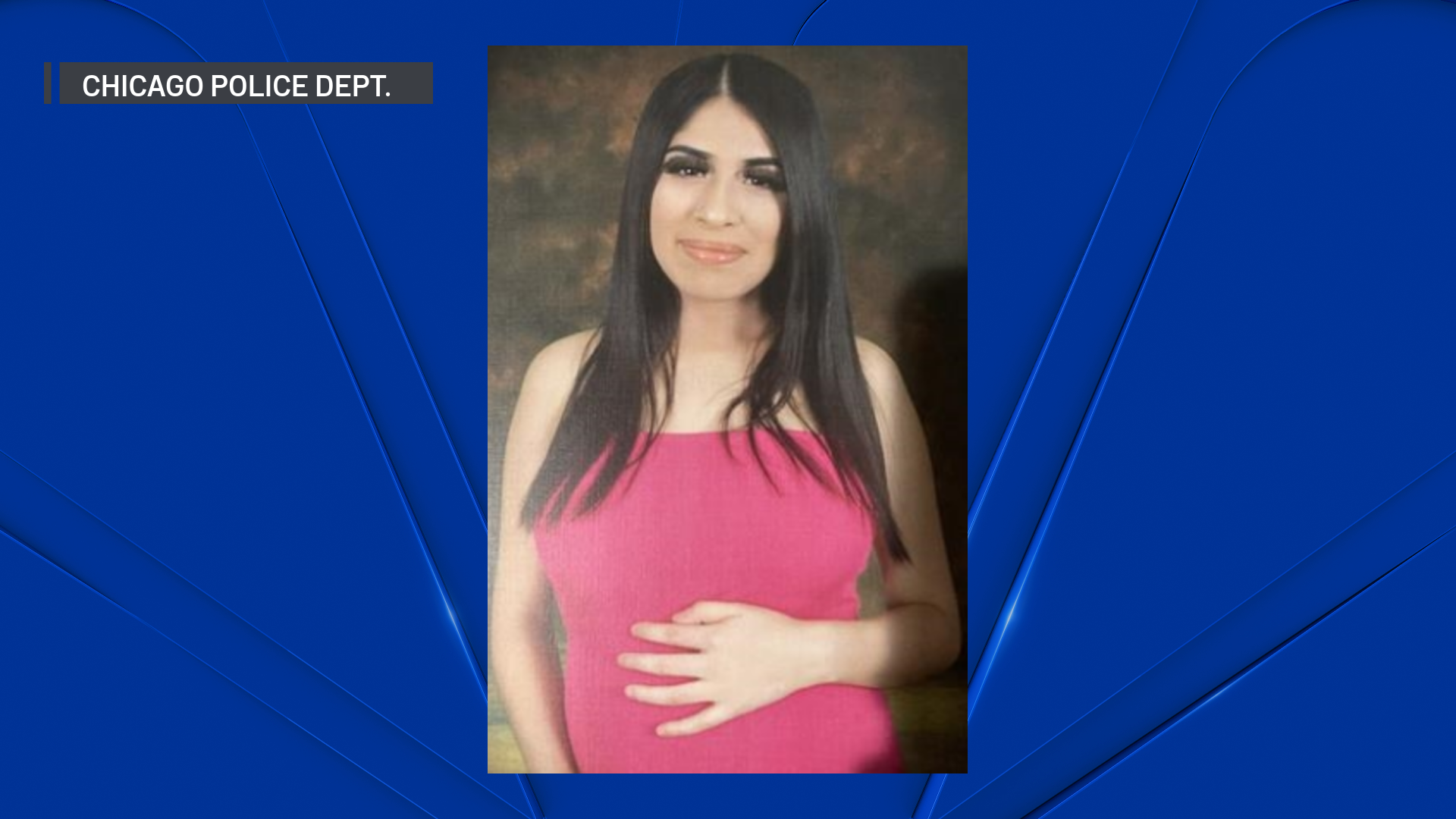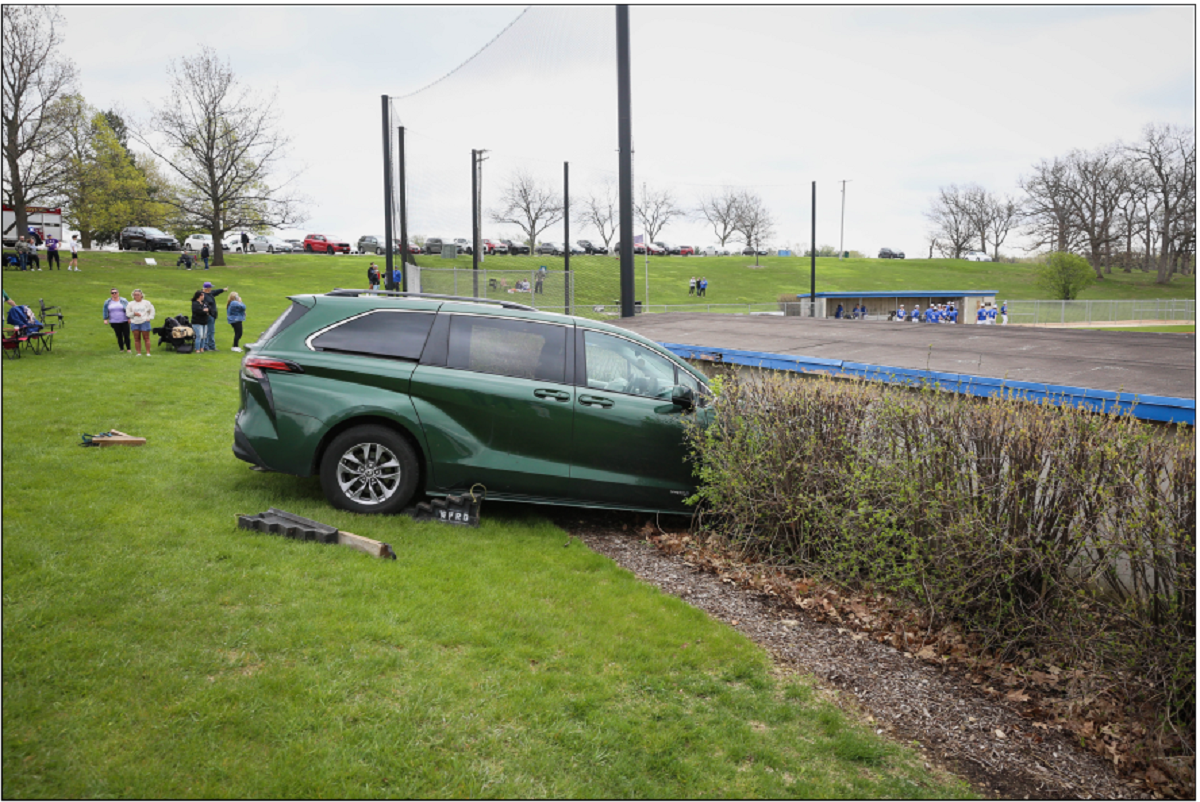A Food and Drug Administration panel of outside experts overwhelmingly rejected a plan Friday to give Pfizer COVID-19 booster shots across the board, but instead agreed to distribute extra doses to people 65 and up as well as those at high risk of severe illness.
The twin votes represented a heavy blow to the Biden administration’s sweeping effort, announced a month ago, to shore up nearly all Americans’ protection amid the spread of the highly contagious delta variant.
Members voted against that recommendation to give a third shot of Pfizer's vaccine to individuals age 16 and up, citing concerns about the level of evidence showing the boosters are safe for younger people.
“We’re being asked to approve this as a three-dose vaccine for people 16 years of age and older, without any clear evidence if the third dose for a younger person when compared to an elderly person is of value,” said committee member Dr. Paul Offit, director of the Vaccine Education Center at Children’s Hospital of Philadelphia.
Feeling out of the loop? We'll catch you up on the Chicago news you need to know. Sign up for the weekly Chicago Catch-Up newsletter here.
Members cited a lack of safety data on extra doses and also raised doubts about the value of mass boosters, rather than ones targeted to specific groups.
“I don’t think a booster dose is going to significantly contribute to controlling the pandemic,” said Dr. Cody Meissner of Tufts University. “And I think it’s important that the main message we transmit is that we’ve got to get everyone two doses.”
While research suggests immunity levels in those who have been vaccinated wane over time and boosters can reverse that, the Pfizer vaccine is still highly protective against severe illness and death, even amid the delta variant.
Local
Dr. Amanda Cohn of the CDC said: “At this moment it is clear that the unvaccinated are driving transmission in the United States.”
In a statement, Kathrin U. Jansen, Pfizer head of vaccine research and development, said the company continues to believe that boosters will be a “critical tool in the ongoing effort to control the spread of this virus.”
The FDA and CDC will most likely decide at some later point whether people who received the Moderna or J&J shots should get boosters.
Dr. Paul Offit, a vaccine expert at Children’s Hospital of Philadelphia, said he was supportive of a third dose for adults over 60 or 65, but “I really have trouble” supporting it for anyone down to age 16.
While an extra shot would probably at least temporarily reduce cases with mild or no symptoms, “the question becomes what will be the impact of that on the arc of the pandemic, which may not be all that much,” Offit said.
The FDA panel’s overwhelming initial rejection came despite full-throated arguments about the need for boosters from both Pfizer and health officials from Israel, which began offering boosters to its citizens in July.
Sharon Alroy-Preis of Israel’s Ministry of Health said the booster dose improves protection tenfold against infection in people 60 and older.
“It’s like a fresh vaccine,” bringing protection back to original levels and helping Israel “dampen severe cases in the fourth wave,” she said.
Biden’s top health advisers, including the heads of the FDA and CDC, first announced plans for widespread booster shots in mid-August, setting the week of Sept. 20 as an all-but-certain start date. But that was before FDA staff scientists had completed their own assessments of the data.
Earlier this week, two top FDA vaccine reviewers joined a group of international scientists in publishing an editorial rejecting the need for boosters in healthy people. The scientists said studies show the shots are working well.
On Friday, U.S. Surgeon General Dr. Vivek Murthy said that the Biden administration announcement was not aimed at pressuring regulators to act but was instead an attempt to be transparent with the public and be prepared in the event that boosters won approval.
“We have always said that this initial plan would be contingent on the FDA and the CDC’s independent evaluation,” Murthy said.
The U.S. has already approved Pfizer and Moderna boosters for certain people with weakened immune systems, such as cancer patients and transplant recipients.



